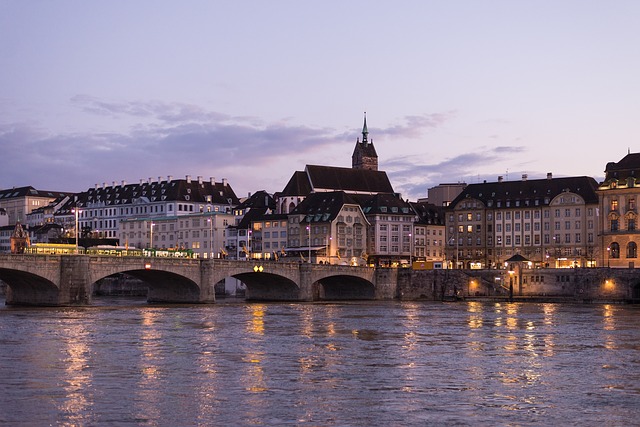- Water tests
- Air and pollutants analysis
- Mold analyses
- Asbestos analyses
- Rapid tests
-
Knowledge
- Further news
- Analysis made easy
- Tap and drinking water in Switzerland
- Facts about Indoor Air
- Facts about Mold
- Facts about Asbestos
-
Water quality in Switzerland
- Water Scarcity and Water Quality
- Drinking Water in Switzerland
- Tap Water in Switzerland: Quality and Controls
- Drinking Fountains in Switzerland
- Water Quality - Canton Basel
- Water Quality - Canton Bern
- Water Quality - Canton Geneva
- Water Quality - Canton Zurich
- NEWS: Zurich Drinking Water Map
- Drinking Water - City of St. Gallen
- Water Quality - City of Baden
- Water Quality - City of Bern
- Water Quality - City of Zurich
- Water Analysis - City Lucerne
- Water Quality - City of Winterthur
- The Water Supply of the City of Thun
- Initiative for Clean Drinking Water
- Nature's Thirst Quenchers: Fountains and Springs on Your Hike
- Partnership with WATER FOR WATER (WfW)
- Help & Services
Basel Tap Water – Naturally Filtered

For water quality in Basel, the origin and filtering of the water are crucial. Basel tap water predominantly comes from the Rhine, with a smaller portion from the Wiese – a river originating from Feldberg. This water undergoes several filtration stages before reaching consumers.
The use of Rhine water is central to the drinking water supply in Basel and the surrounding area, as natural groundwater resources are either insufficient or potentially contaminated. After a coarse pre-cleaning, the raw water is pumped into the groundwater under the Lange Erlen and Hardwald forests. There, it is naturally filtered before being extracted again as clean drinking water.
The aquifers in Lange Erlen (IWB) and Hardwald (Hardwasser AG) supply water for around 220,000 people in Basel-Stadt, Riehen, Bettingen, Binningen, and Allschwil.
To maintain water quality even in the event of incidents in the Rhine, more water is fed into the groundwater than is extracted. Additionally, the quality of the Rhine water is closely monitored before it enters the aquifers.
Top Quality through Continuous Monitoring
Drinking water is one of the most controlled foodstuffs in Switzerland. In Basel, it is checked daily through laboratory analyses. A key quality factor is water hardness: Basel's water, at 19 °fH or 10.6 °dH, is classified as medium-hard. The limit values for soft water are 8.4 °dH (15 °fH).
These values indicate the content of dissolved minerals such as calcium and magnesium. These can be so-called hardness builders and lead to limescale deposits.
✔ Conversion: °fH × 0.56 = °dH
Ensuring Water Quality in Basel at Home Too
Despite the high quality of public water, contamination can occur in domestic installations – for example, by germs in fittings or heavy metals from old pipes.
You can gain certainty about the quality of your tap water through a water test in the laboratory . The sample analysis shows whether your drinking water is free of pollutants.
✔ Heavy metals and pollutants
✔ For general drinking water, softeners
✔ Heavy metals and pollutants
✔ For general drinking water, softeners
✔ Heavy metals and contaminants
✔ Separate bacteria test recommended
✔ Analysis for lead also included
✔ Separate bacteria test recommended
✔ Focus on bacterial contamination
✔ For general drinking water, softeners
✔ Risk of transmission during showering
✔ Causes Legionnaires' disease
✔ Most common contaminants
✔ Bacteria analysis available separately
✔ 12 common pharmaceuticals
✔ e.g., diclofenac, ibuprofen
✔ Most common pesticides
✔ Glyphosate separate analysis
✔ E. coli, coliform bacteria
✔ Enterococci
✔ Commonly used pesticide
✔ Possibly carcinogenic
✔ 20 common PFAS chemicals
✔ Per- and polyfluorinated alkyl substances











